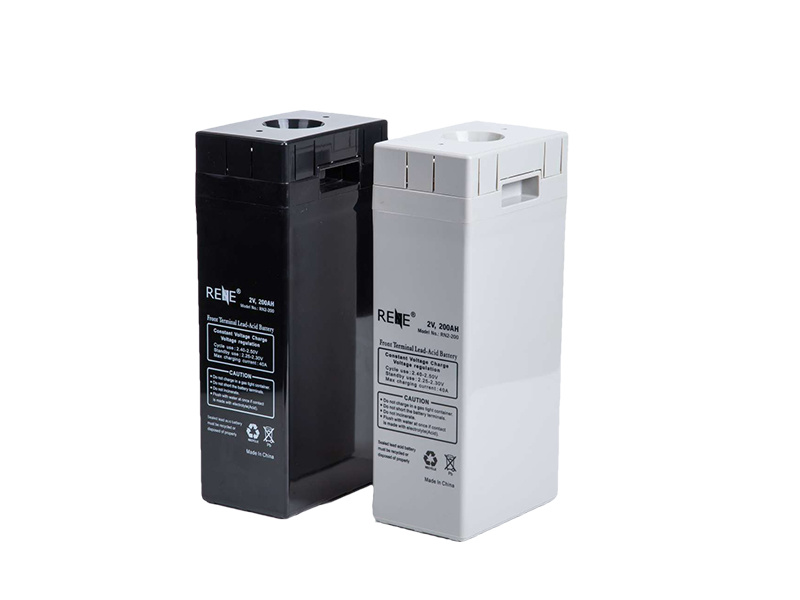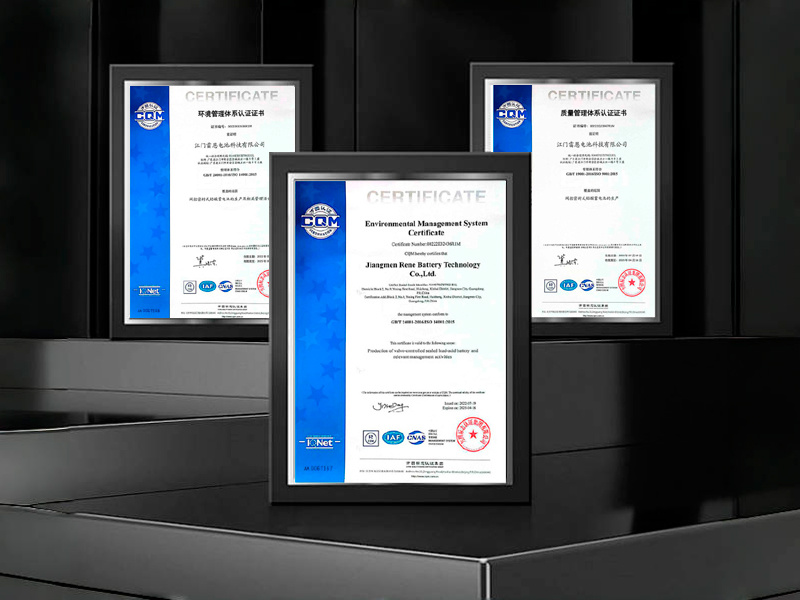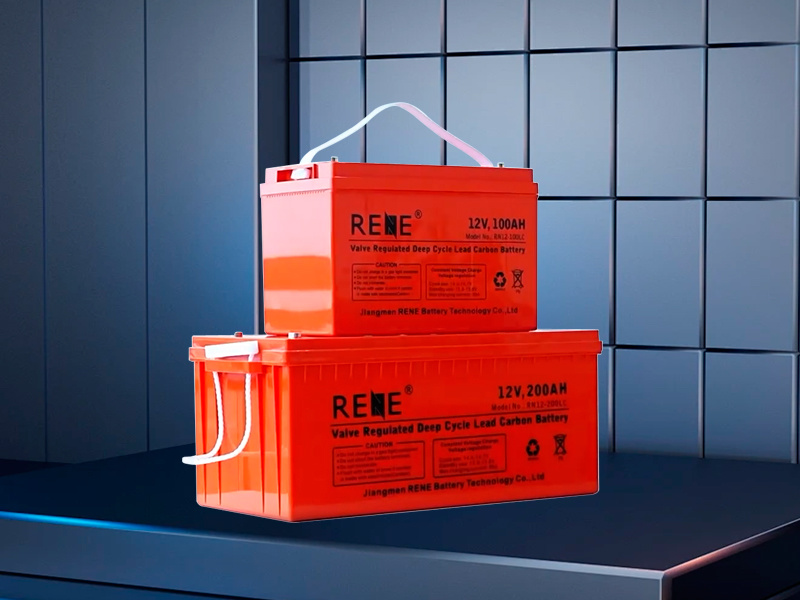Jiangmen Rene Battery Technology Co., Ltd.
Exploring the Manufacturing Process of Tubular Batteries: A Comprehensive Guide
2025-06-22
The manufacturing of tubular batteries plays a crucial role in the automotive and electrical component industry. These batteries are known for their efficiency, longevity, and reliable performance, making them an essential choice for various applications, especially in automotive and electrical systems. Understanding the production process of tubular batteries can provide valuable insights for sta

The manufacturing of tubular batteries plays a crucial role in the automotive and electrical component industry. These batteries are known for their efficiency, longevity, and reliable performance, making them an essential choice for various applications, especially in automotive and electrical systems. Understanding the production process of tubular batteries can provide valuable insights for stakeholders looking to optimize their operations or make informed purchasing decisions.
The first step in the manufacturing process of tubular batteries is the selection of high-quality raw materials. The components include lead dioxide for the positive plates, sponge lead for the negative plates, and sulfuric acid as the electrolyte. The quality of these materials significantly impacts the battery's overall performance and lifespan. Therefore, a reputable tubular batteries factory will ensure that they source materials from trusted suppliers and perform rigorous quality checks.
Once the materials are selected, the manufacturing process begins with the assembly of the electrodes. In tubular batteries, positive plates are enclosed within a tubular structure, which enhances the surface area for better performance. The plates are then filled with the active material, which is critical for the battery's energy storage capabilities. This process requires precision to ensure that the plates are evenly coated and free of defects, as inconsistencies can lead to poor performance.
After the assembly of electrodes, the next phase involves the formation of the battery cells. This process requires careful monitoring of the charging and discharging cycles to condition the cells for optimal performance. During this stage, the factory conducts extensive testing to assess the battery's capacity, voltage, and overall functionality. This quality assurance is vital, as it ensures that only high-performing batteries leave the factory.
Furthermore, an essential aspect of tubular battery manufacturing is the incorporation of advanced technologies. Many modern factories utilize automated systems to enhance efficiency and reduce human error. These technologies not only streamline the production process but also enable manufacturers to scale their operations effectively, meeting the increasing demand for tubular batteries in the automotive industry.
Another critical factor in the production of tubular batteries is environmental considerations. Responsible manufacturers implement eco-friendly practices, ensuring that waste materials are managed properly and that their production processes comply with environmental regulations. This commitment to sustainability not only helps preserve the environment but also enhances the factory's reputation among consumers who prioritize green practices.
In conclusion, the production of tubular batteries involves a complex interplay of quality material selection, precise manufacturing techniques, and stringent quality control measures. By understanding these processes, professionals in the automotive and electrical sectors can make informed decisions regarding tubular battery procurement and ensure they choose reliable sources for their energy storage needs. Whether you are a manufacturer, supplier, or end-user, having a comprehensive understanding of tubular battery manufacturing can lead to enhanced performance and satisfaction in your applications.
The first step in the manufacturing process of tubular batteries is the selection of high-quality raw materials. The components include lead dioxide for the positive plates, sponge lead for the negative plates, and sulfuric acid as the electrolyte. The quality of these materials significantly impacts the battery's overall performance and lifespan. Therefore, a reputable tubular batteries factory will ensure that they source materials from trusted suppliers and perform rigorous quality checks.
Once the materials are selected, the manufacturing process begins with the assembly of the electrodes. In tubular batteries, positive plates are enclosed within a tubular structure, which enhances the surface area for better performance. The plates are then filled with the active material, which is critical for the battery's energy storage capabilities. This process requires precision to ensure that the plates are evenly coated and free of defects, as inconsistencies can lead to poor performance.
After the assembly of electrodes, the next phase involves the formation of the battery cells. This process requires careful monitoring of the charging and discharging cycles to condition the cells for optimal performance. During this stage, the factory conducts extensive testing to assess the battery's capacity, voltage, and overall functionality. This quality assurance is vital, as it ensures that only high-performing batteries leave the factory.
Furthermore, an essential aspect of tubular battery manufacturing is the incorporation of advanced technologies. Many modern factories utilize automated systems to enhance efficiency and reduce human error. These technologies not only streamline the production process but also enable manufacturers to scale their operations effectively, meeting the increasing demand for tubular batteries in the automotive industry.
Another critical factor in the production of tubular batteries is environmental considerations. Responsible manufacturers implement eco-friendly practices, ensuring that waste materials are managed properly and that their production processes comply with environmental regulations. This commitment to sustainability not only helps preserve the environment but also enhances the factory's reputation among consumers who prioritize green practices.
In conclusion, the production of tubular batteries involves a complex interplay of quality material selection, precise manufacturing techniques, and stringent quality control measures. By understanding these processes, professionals in the automotive and electrical sectors can make informed decisions regarding tubular battery procurement and ensure they choose reliable sources for their energy storage needs. Whether you are a manufacturer, supplier, or end-user, having a comprehensive understanding of tubular battery manufacturing can lead to enhanced performance and satisfaction in your applications.
Key words:
Previous Page:














